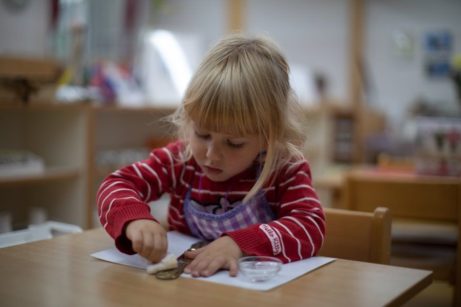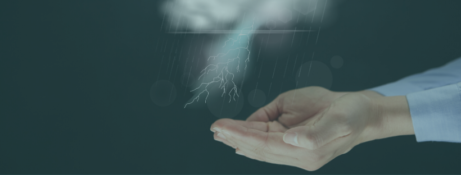Practical Life in this time, in this place

I think that we are lucky not knowing how to behave or make the ‘right’ decisions during this pandemic. In the last weeks, many of us have been reconsidering travel plans or whether to attend training or conferences. Struggling with whether or not to close our schools in some cases even before governments have required us to.
Reflecting on all of this and trying to make sense of my own feelings I came to gratitude. I have been working towards making sure our preschool provides an authentic Montessori experience, not grappling with decision making during emergencies. Being grateful for not having had to know ‘how to be’ in these circumstances is grounding me. I have been asking myself what I am able to do and what can I positively affect. The answer has come through observation – a cornerstone of our Montessori work.

I sat down to write to our parents with some guidance on how to maintain their children’s skills and independence while they are away from the preschool community. I turned to my observations and the information I have collected inside the classroom, from working with children and their parents. I sensed that I needed to prepare this new environment, to communicate my expectations through the environment and my behaviour and then, in this evolving backdrop of uncertainty, foster conditions that might lead to normalization. Now our role is to be guides for the families and to provide them with support and a clear message that although the parameters have changed our methodology has not.

In the Facebook group, Montessori v ČR, I saw Amy Tobias’s post about how her school is handling the transition to online learning. I was thrilled that their first lessons were about setting ground rules and clear expectations – online etiquette or as we know it, grace and courtesy. A.M. Joosten reminds us that, “They are not merely preservative and restorative, they are truly constructive, not with regard to the environment of course, but with regard to the child himself. Those simple daily activities are for the child developmental, even creative activities. In that function, we call them “exercises of practical life.” This is a time when we can turn to our albums, our notes, Montessori’s writing for guidance towards preparing children for the future that we ourselves have trouble imagining.

A message that is beginning to go around social media is that perhaps in this crisis we will turn to one another for guidance, support and care, relearning to live with one another through connection, because humans cannot bear isolation. Montessori challenged us to write “the pedagogical books of the future” based on “the results of our experiments” acknowledging that her work was unfinished. So to carry on her work let’s turn to Montessori as a framework for this uncertain time and create a different kind of prepared environment. During the Assistant to Infancy course, trainer Heidi Philippart reminded us that our work was to foster the development of a human not only of their culture and place but of their time. I look forward to hearing how we move forward to do just that.
Kavita Doodnauth
Methodologist, Duhovka Preschool, Prague, Czech Republic
AMS Early Childhood Credential
AMI Birth to Three Assistant Certificate
- A.M. Joosten, Exercises of Practical Life: Introduction and List”, The NAMTA Journal, Vol. 38, No. 2, pp. 5-34
- M.Montessori, The Montessori Method, New York, Schocken Books, 1964,p.374



